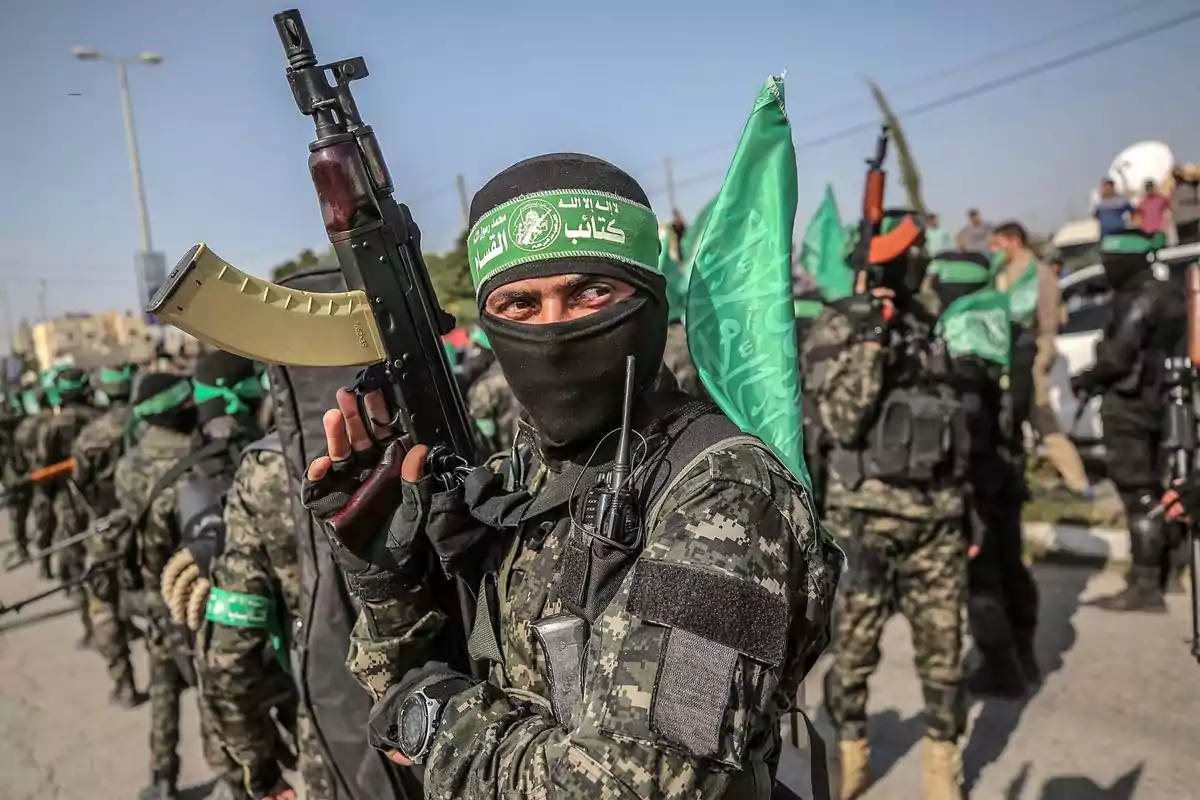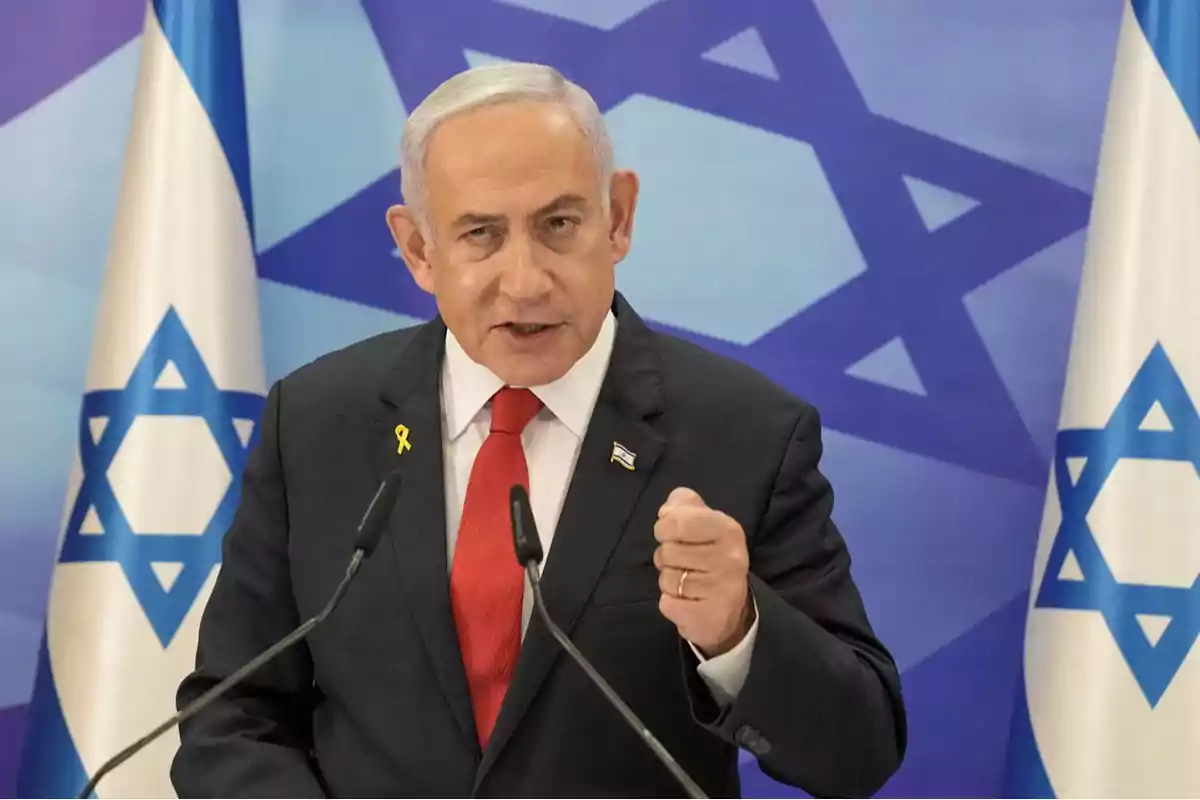
Hamas rejected a ceasefire proposal once again
The terrorist group once again demonstrated that it has no interest in negotiating despite Israel's concessions
Negotiations in Doha between Israel and Hamas are going through a critical phase, marked by the disparity of intentions between the parties. While Israel has shown openness to compromise formulas and has even accepted elements proposed by the Qatari mediators, Hamas seems determined to undermine any possibility of progress, clinging to extreme demands that reveal its true objective: to perpetuate its control over Gaza and continue its terrorist campaign.
A high-level Israeli diplomatic source was blunt in stating that "if Hamas had accepted the proposal presented by Qatar, we'd already be moving forward in a 60-day negotiation toward the end of the conflict".
However, far from showing a willingness to understand, Hamas has rejected the initiative, imposing unacceptable conditions and, in parallel, developing a disinformation campaign aimed at obstructing dialogue efforts and strengthening its image among its radical base.

Israel, by contrast, has sent a high-profile delegation to Doha — composed of the prime minister's political adviser, Dr. Ofir Falk, the former Mossad deputy director known as "M," and the coordinator for captives and missing persons, Gal Hirsch — that remains in the Qatari capital awaiting a signal that would allow the process to be redirected. The fact that they haven't yet received orders to return to Jerusalem leaves a faint possibility for the reactivation of dialogue.
Among Hamas's central demands are the total cessation of the war with international guarantees, the complete withdrawal of the IDF from the entire Strip — including the Philadelphi Corridor —, the dismantling of a U.S. organization that distributes humanitarian aid outside the group's control, and the restoration of its absolute hegemony over the territory and resources.
These conditions don't seek peace or the reconstruction of Gaza, but rather to consolidate the power of a terrorist organization at the expense of the Gazans themselves.
The atmosphere in Jerusalem, which until a few days ago was moderately optimistic, has shifted toward growing distrust.
Israel's willingness to explore solutions remains, but the other side of the table seems to be occupied by a group that doesn't seek a political solution, but rather the maintenance of its regime of terror.
More posts: